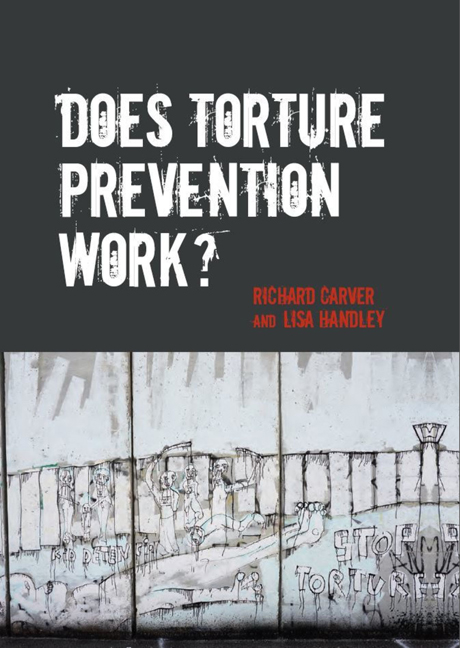4 - United Kingdom
from Prevention Sustained
Summary
Introduction
The United Kingdom of Great Britain and Northern Ireland has a unique constitutional arrangement. Neither federal nor unitary, it defies easy attempts at classification.1 Unlike a conventional unitary state, it has devolved substantial powers to its constituent nations. Even before powers were formally devolved in recent years, the three constituent territories (Scotland, England and Wales, and Northern Ireland) had two distinct legal systems, one derived from Roman-Dutch law (Scotland) and the other from the common law tradition (England and Wales, and Northern Ireland). Unlike a federal state, however, their jurisdictions are not consistently defined or separated. As a result, for example, the Police and Criminal Evidence Act (PACE), the law governing detention procedure was originally applied only in England and Wales, and enacted in Northern Ireland slightly afterwards, while Scotland introduced similar reforms in separate legislation a decade later. The country's institutional architecture is similarly distinct in a manner that is not clearly predictable. For example, the United Kingdom has three accredited national human rights institutions. The remit of the Equality and Human Rights Commission covers the whole of Great Britain (England, Wales, and Scotland) in some matters, but in others covers only England and Wales. Northern Ireland and Scotland each has a separate human rights commission, which enjoy mandates and powers that differ from one another and from the Equality and Human Rights Commission. Unlike the other two institutions, the Scottish Human Rights Commission is a constituent part of the National Preventive Mechanism (NPM) established under the Optional Protocol to the Convention against Torture (OPCAT).
Several different situations have created a risk of torture by the British state in recent decades. One was the conflict in Northern Ireland, which gave rise to the most serious and prolonged instances of torture in the country's recent domestic history. This low-intensity armed struggle, euphemistically referred to as ‘the Troubles’, arose from a civil rights movement in the late 1960s that opposed discrimination against the minority Roman Catholic community.
- Type
- Chapter
- Information
- Does Torture Prevention Work? , pp. 105 - 142Publisher: Liverpool University PressPrint publication year: 2016



